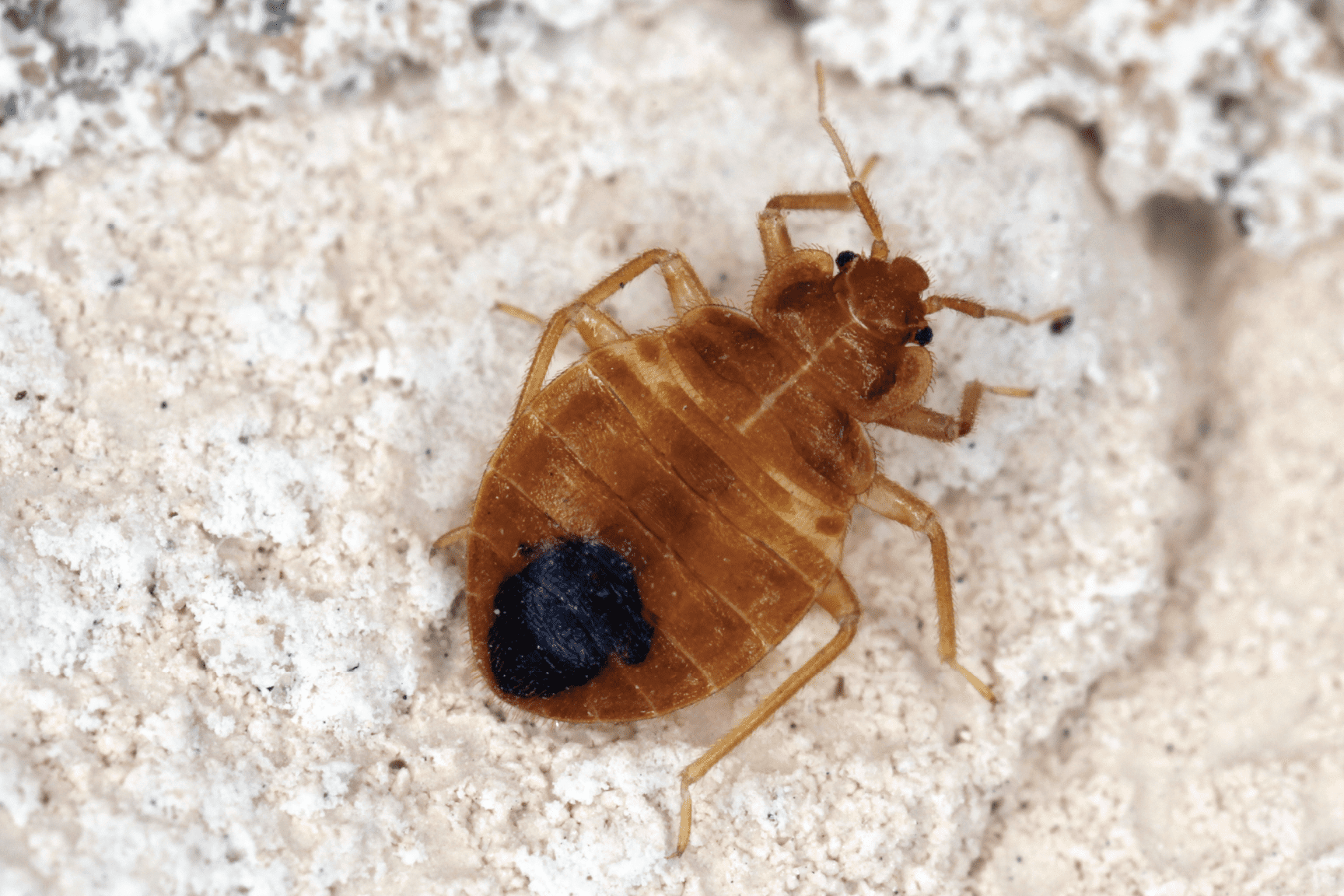Kings Cincinnati Pest Control Companies: Reliable Services
Kings Cincinnati Pest Control Companies: Reliable Services
Blog Article
Sorts Of Pest Control: Which Method Is Right for Your Invasion?
When confronted with a parasite infestation, the selection of an ideal approach for bug control is vital in efficiently managing the circumstance. From chemical therapies to organic remedies, there exists a range of techniques that can be utilized to resolve different kinds of pests. Each technique includes its very own collection of considerations and advantages, making the decision-making procedure a nuanced one. Recognizing the subtleties of each technique and evaluating their compatibility with the specific insect invasion available is essential for accomplishing long-lasting success in parasite administration. By discovering the different kinds of parasite control techniques offered, individuals can make educated choices tailored to their one-of-a-kind circumstances, ensuring a more sustainable and effective outcome in bug obliteration.
Chemical Parasite Control
Chemical insect control entails making use of artificial or naturally derived chemicals to handle and remove pest populaces effectively. This technique is frequently used in agriculture, forestry, and property setups to deal with a large range of pests, consisting of rodents, bugs, and weeds. Making use of chemical pesticides can supply quick and targeted services to pest invasions, making it a popular option for many people and services.
Among the key advantages of chemical insect control is its capability to quickly get rid of bugs, reducing the risk of damage to crops, residential or commercial property, and human health. By utilizing details chemicals that target certain bugs, this approach can properly manage invasions while minimizing damage to advantageous microorganisms and the atmosphere when applied correctly.
However, making use of chemical bug control additionally increases problems about prospective adverse impacts on non-target types, water sources, and human health and wellness. It is crucial to follow safety guidelines, apply chemicals responsibly, and take into consideration different bug control techniques to lessen these risks and ensure lasting bug management practices.
Organic Parasite Control
Organic bug control, additionally understood as biocontrol, makes use of living organisms to manage and lower insect populations naturally. This approach takes advantage of the power of nature to control parasites without the demand for synthetic chemicals. Biocontrol can entail the introduction of all-natural adversaries of the pest types, such as killers, parasites, or microorganisms, to suppress insect populaces. By making use of the bug's all-natural killers or virus, organic bug control provides a eco-friendly and sustainable option to pest monitoring.

Mechanical Bug Control
Using physical and hand-operated approaches to manage parasite populations, mechanical insect control provides a different method that does not count on the usage of living microorganisms or artificial chemicals. This method includes using barriers, traps, or various other gadgets to literally hinder or get rid of pests. By blocking insect entrance points or establishing up traps to capture them, mechanical bug control can successfully lower infestations without introducing chemicals into the setting.
One common instance of mechanical pest control is the use of mesh displays on doors and home windows to avoid pests from entering buildings. This simple yet effective technique acts as a physical barrier, maintaining parasites out while enabling for proper ventilation. In addition, gadgets like mousetraps, fly swatters, and ultrasonic repellents fall under the mechanical bug control group.
While mechanical pest control techniques can be labor-intensive and require routine tracking and maintenance, they provide a ecologically friendly and lasting solution for taking care of parasite problems. By integrating different mechanical methods, homeowner can create a thorough bug control method that lessens reliance on chemical pesticides.
Physical Parasite Control

Some usual physical bug control techniques include using obstacles such as internet or screens to avoid insect access, catches to catch and eliminate pests, and hand-picking to literally eliminate parasites from plants or structures. Additionally, strategies like warm treatments can be made use of to control pests like bed insects by increasing the temperature level to levels that are dangerous to the insects.
Physical bug control is particularly valuable in integrated insect monitoring (IPM) techniques, where numerous insect control approaches are combined for efficient parasite management while lessening the usage of chemicals. By utilizing physical bug control strategies, individuals can efficiently resolve pest infestations with very little ecological influence.
Integrated Pest Administration
When carrying out physical parasite control methods as part of insect administration approaches, Integrated Parasite Management (IPM) becomes a detailed technique that leverages numerous strategies to properly control pest populations. IPM concentrates on long-term prevention of insects with a combination of biological, cultural, physical, and chemical tools tailored to particular insect problems. By integrating multiple control strategies, IPM aims to reduce the dangers connected with insects while likewise minimizing dependence on chemical options.
One secret element of IPM is the emphasis on monitoring and evaluating pest populations to determine the most appropriate control methods. This aggressive strategy enables very early treatment and targeted techniques, resulting in much more efficient insect management. Additionally, IPM advertises ecologically friendly techniques by focusing on non-chemical why not try these out control techniques and only making use of chemicals as a last hope.
Conclusion

By making use of the insect's natural predators or pathogens, organic pest control offers a eco friendly and lasting option to pest management. - Kings cincinnati pest control
Using physical and manual methods to manage parasite populaces, mechanical insect control supplies an alternative technique that does not rely on the use of living microorganisms or synthetic chemicals.A reliable method to handling bug populaces without relying on chemical or organic approaches a fantastic read includes the usage of physical insect control strategies.When implementing physical parasite control techniques as part of insect administration approaches, Integrated Pest Management (IPM) arises as an extensive approach that leverages different strategies to efficiently control pest populations. Chemical insect control entails the usage of chemicals, biological pest control uses all-natural predators, mechanical parasite control includes physical obstacles, physical insect control consists of capturing or getting rid of bugs, and incorporated parasite administration integrates numerous methods for a holistic method to pest control.
Report this page